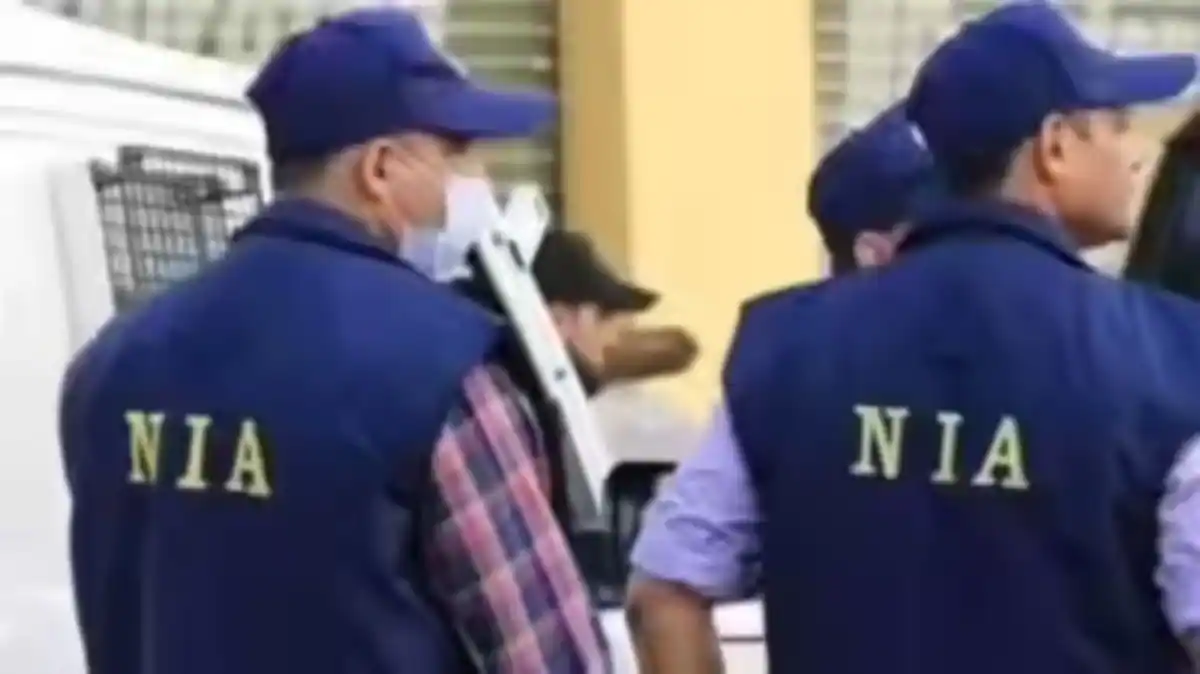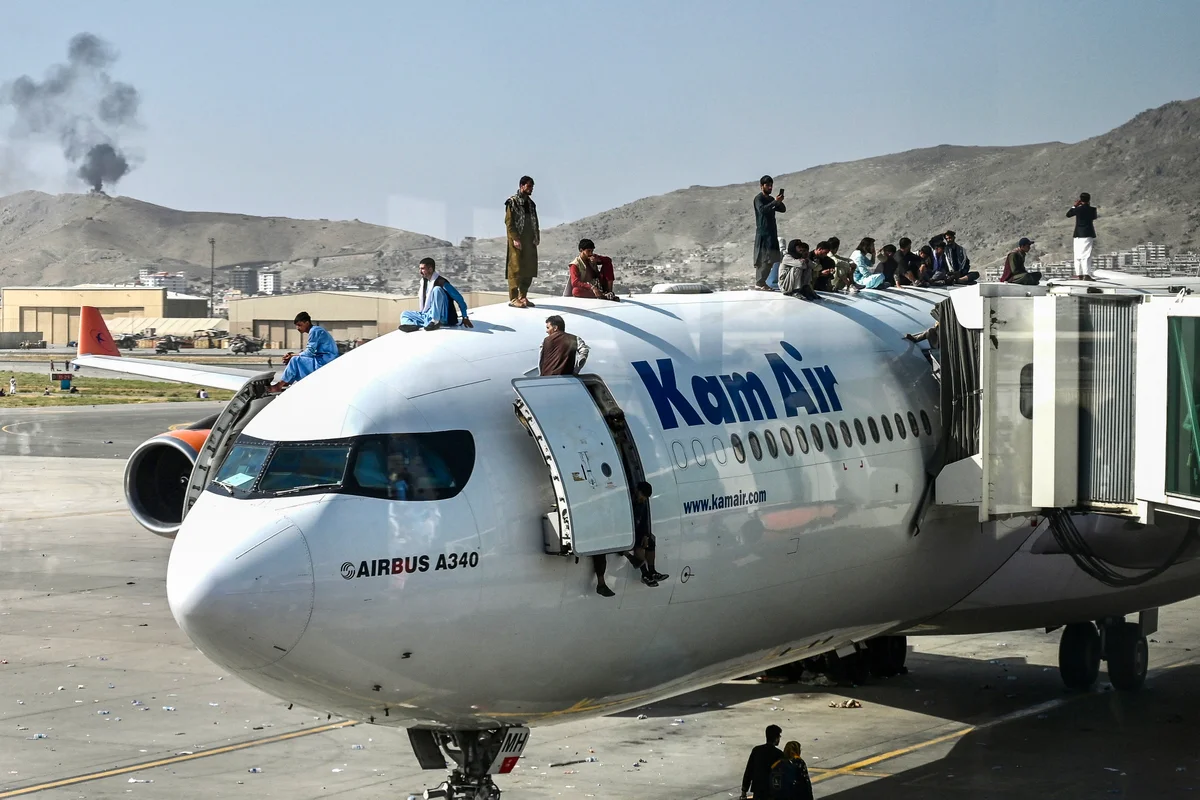From Boutiques To Mobile Shops: How Pakistan ‘Funded’ Indian CRPF Officer For ‘Leaking Secrets’
By Zee Media Bureau,Zee News
Copyright india

New Delhi: A web of secret transactions, spanning continents, helped allegedly fund espionage operations in India. Investigators claimed that Pakistan’s Inter-Services Intelligence (ISI) created a complex financial network to channel the money to Central Reserve Police Force (CRPF) Assistant Sub-Inspector Moti Ram Jat, who allegedly leaked sensitive information.The NIA claimed to have uncovered the operation following his arrest on May 27, exposing how everyday businesses and travel reportedly masked covert operations.Funds Flowed From Pakistani OperativesInvestigations revealed that between October 2023 and April 2025, Jat allegedly received nearly Rs 1.90 lakh from Pakistani operative Salim Ahmed.Transferred directly to his and his wife’s accounts, the money appeared as regular business payments or overseas remittances. A deeper probe revealed it as an alleged covert funding for espionage.Luxury Suits, Textiles And DeceptionOne key route involved business transactions. Pakistani-made textiles and luxury suits, blocked by India’s post-Pulwama 200% import duty, were allegedly routed through Dubai.Middlemen sent invoices to Indian boutique owners, who paid via UPI, unaware some of the money was diverted to fund alleged espionage operations.Foreign Currency As CoverAnother alleged channel ran through Bangkok. Indian-origin businessmen residing in Thailand reportedly lured tourists with attractive foreign currency rates. The tourists paid against cash, while equivalent amounts were allegedly sent from the businessmen’s Indian accounts, bypassing official channels and concealing the espionage funds.Small Shops As Unwitting PawnsAn alleged third route exploited small mobile phone shops in Delhi and Mumbai. Normally serving migrant workers, these shops, according to the probing agency, sometimes transferred money via personal accounts.Senders handed over cash, and shopkeepers remitted the funds from personal accounts. The identities of the original senders were allegedly unrecorded, keeping the espionage network anonymous.Raids Reveal Scope Of NetworkNIA’s investigation claims to have revealed the network’s scale. In May, raids at 15 locations across eight states were conducted. Statements from individuals whose accounts allegedly received suspicious funds exposed how small traders and service providers unknowingly facilitated espionage.Officials described this as a meticulously designed system that used routine transactions to fund covert operations without raising suspicion.



